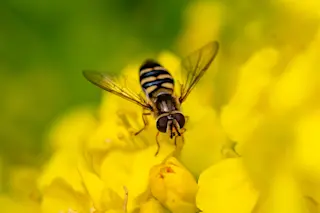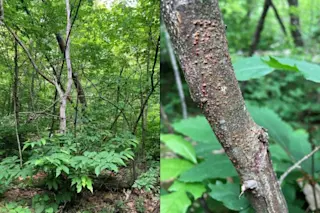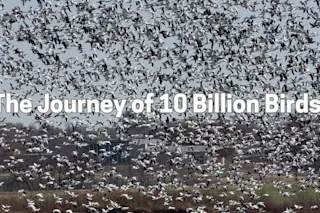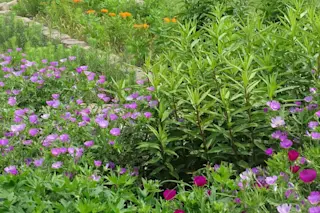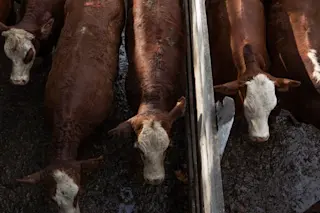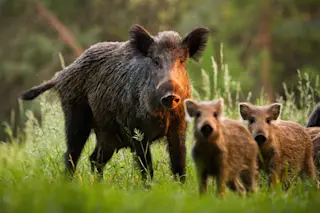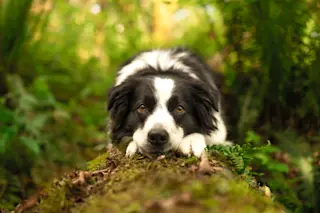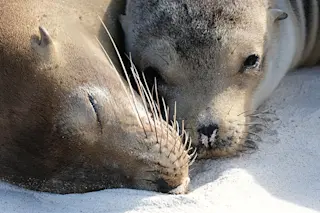Billions of hoverflies from Europe descend on southern Britain each spring. The black and yellow striped bugs are no more than half an inch in length but make the long trek to Britain for the summer.
Once they arrive, the hoverflies pollinate flowers and lay eggs. The fly populations have remained stable unlike those of honeybees and other insects, which have dropped in recent years, researchers find in a new study. The discovery suggests the bugs may become increasingly important for pollinating crops.
“They are widely considered to be the second most important pollinators, after bees,” Karl Wotton, an evolutionary biologist at the University of Exeter in the United Kingdom, who led the new research, said in a statement.
Wotton and colleagues tracked the migrating bugs with radar equipment for 10 years. The radar covered about 27,000 square miles of southern Britain, an area just smaller than the state of ...


